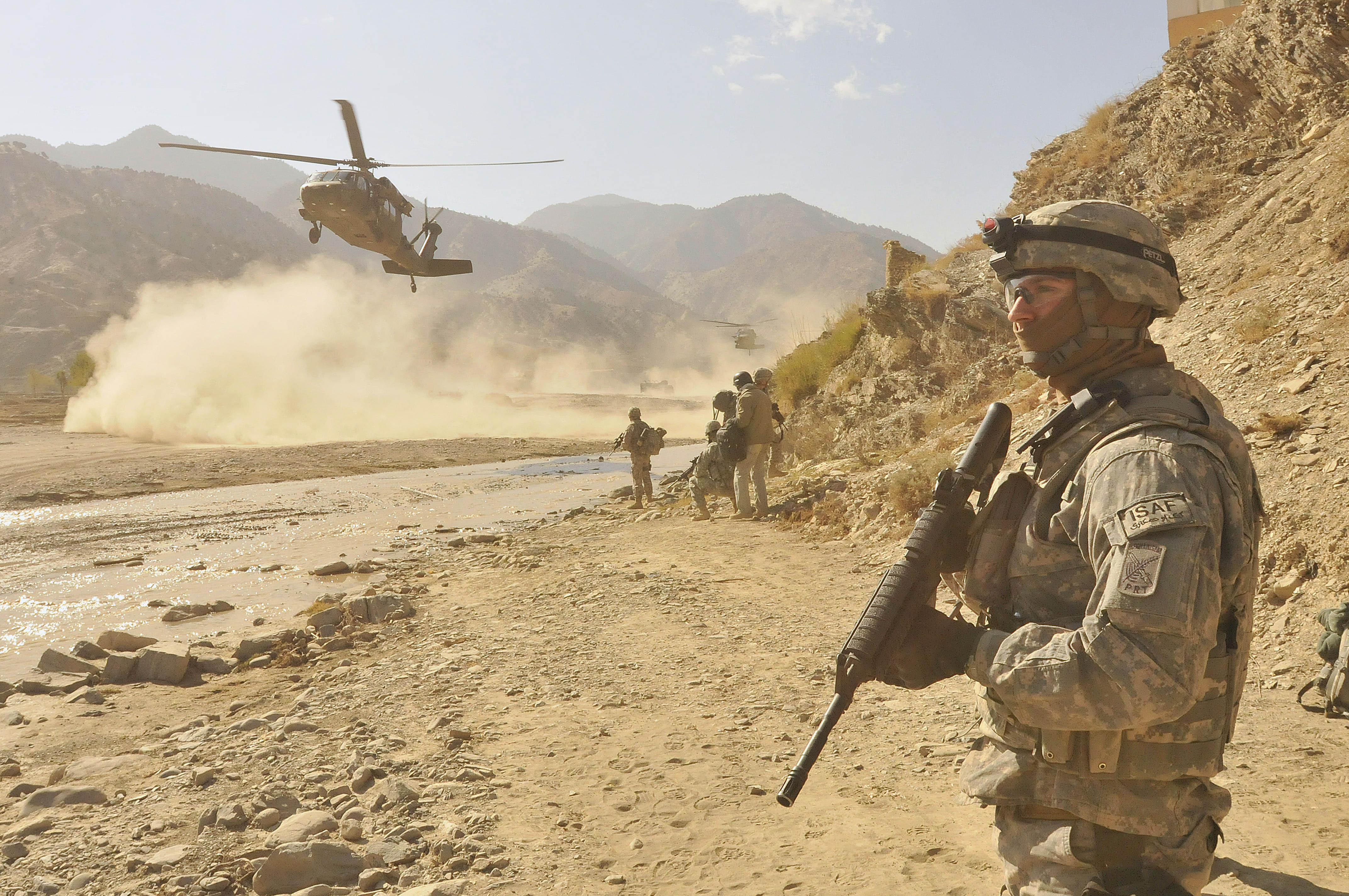For the sake of full disclosure, Marquis Holmes is a member of the Georgia Army National Guard.
It is easy to get caught up in the stereotypical belief that our nation’s defense is still participating in gruesome warfare in Afghanistan, the region of the world in which the 17-year Global War on Terror started. However, intense combat missions in that region have long since subsided. In fact, we are spending more time training foreign forces than fighting them.
It is without question that our nation’s heroes still serve honorably and valiantly overseas — there are still many risks taken every day.
Because the Global War on Terror is still ongoing, it is expected for civilians to think we are engaging forces in Afghanistan, especially since the reign of the Islamic State in 2014.
The Battle of Mosul last year confirmed that combat operations are still necessary for the Global War on Terror. However, this battle that reclaimed the largest ISIS territory also confirmed the downfall of the caliphate, as the Islamic State is still consistently losing ground, logistics and morale to this day.
With these key factors in mind, most Americans know that we have a presence in both Iraq and Afghanistan but are not educated on the missions that are being executed, which says quite the opposite.
As far as Afghanistan is concerned, the earlier years of the Global War on Terrorism, when soldiers spent days kicking down doors and nights in lengthy firefights, ended when Operation Enduring Freedom concluded in 2014.
To be more specific, we are still in Afghanistan under the most recent Operation Resolute Support. According to ORS’ website, Resolute Support is a NATO-led, non-combat mission to train, advise and assist the Afghan National Defense and Security Forces. This mission is also more politically correct compared to the efforts of the war after 2001.
In layman’s terms, our troops are simply advisors that instill knowledge to the Afghan military so they can retake and defend their own land against forces such as the still-at-large Al-Queda and other militant groups. Other than that, there is not an abundance of media content to invest in the Afghan region and the current situation in Afghanistan probably doesn’t move past the average military enthusiast.
We are still losing soldiers in these operations. In fact, there have been eight personnel killed in action this year alone compared to over 2,000 killed in Afghanistan to date, according to iCasualties. These casualty statistics can lead to other conclusions. Combat leaders are no longer taking risks in Afghanistan. Afghan troops are actually holding their land accountable.
Overall, our military has far surpassed the height of the war in 2001. Although we are still advising and assisting in Afghanistan, we are no longer in flat-out warfare.




